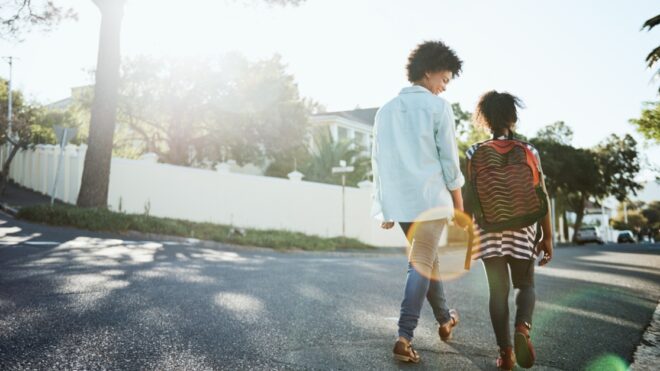
Holidays can be complex. There are joyful moments, stressful times, fun family reunions, and sometimes worries regarding what’s to come.
When you have a child with autism spectrum disorder, the anxiety around your child participating in Thanksgiving activities can be far more than other parents experience.
Children with ASD often have challenges in social settings — so a big dinner with lots of different foods, people, activities, and noise can be overwhelming, to say the least.
More from LittleThings: Mom of 3 Honors Tiny Superheroes Fighting Medical Diagnosis By Gifting Capes
But that doesn’t mean Thanksgiving can’t be an enjoyable experience. Since autism is a spectrum disorder, you want to consider what your child needs to provide him with the best experience possible.
While each child is different, here’s a breakdown of some tips to help you prepare for this year’s Thanksgiving activities.
Make a plan for food sensitivities.
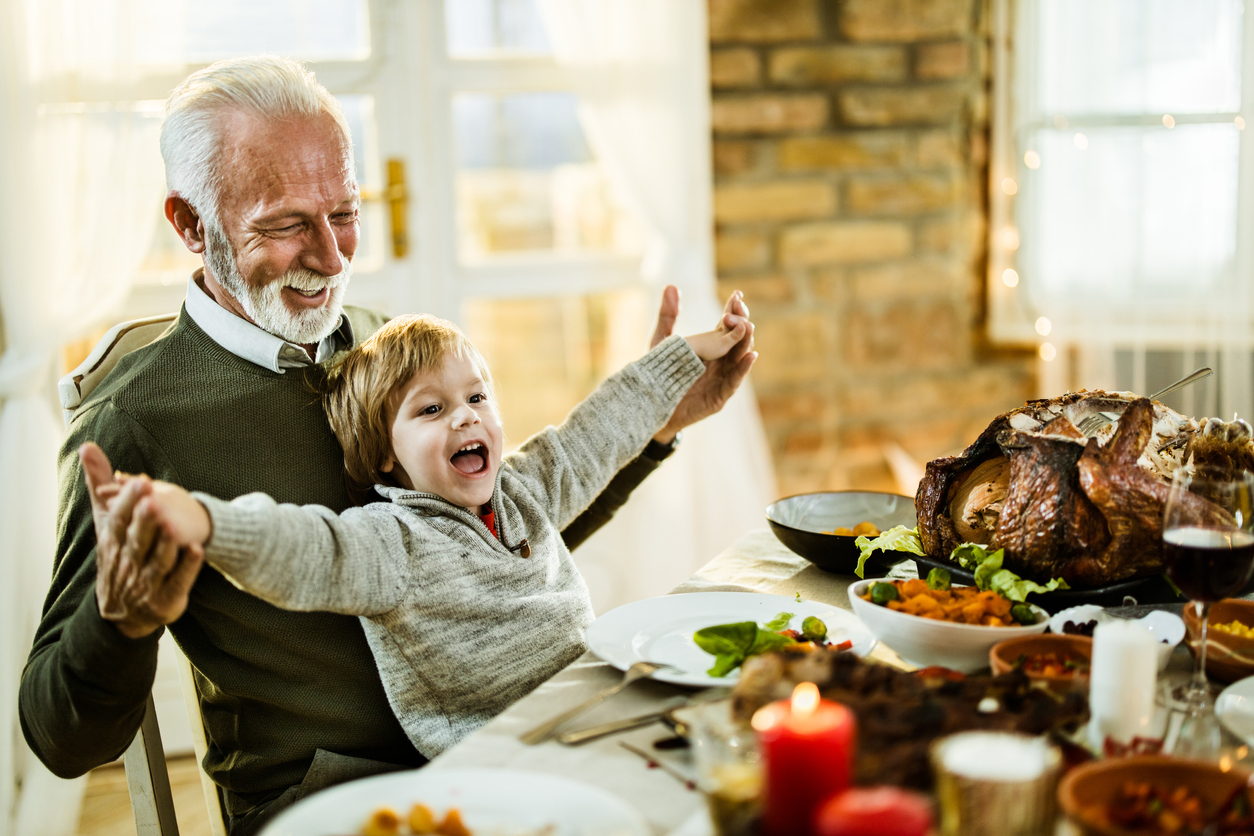
Many children with ASD eat limited foods, so if this is your child, don’t expect her to suddenly eat everything on the table because it’s turkey day.
You have a few options to make for a better meal.
Bring foods the child will love.
If your child only eats a handful of items and they’re not typical Thanksgiving dishes, don’t be afraid to bring pizza, chicken nuggets, or a few sandwiches to the table. As long as your child has things she wants to eat, she’ll be fine, and so will everyone else. It’s likely not worth the stress of trying to work around food preferences for this day.
Mix favorite foods with new ones to try.
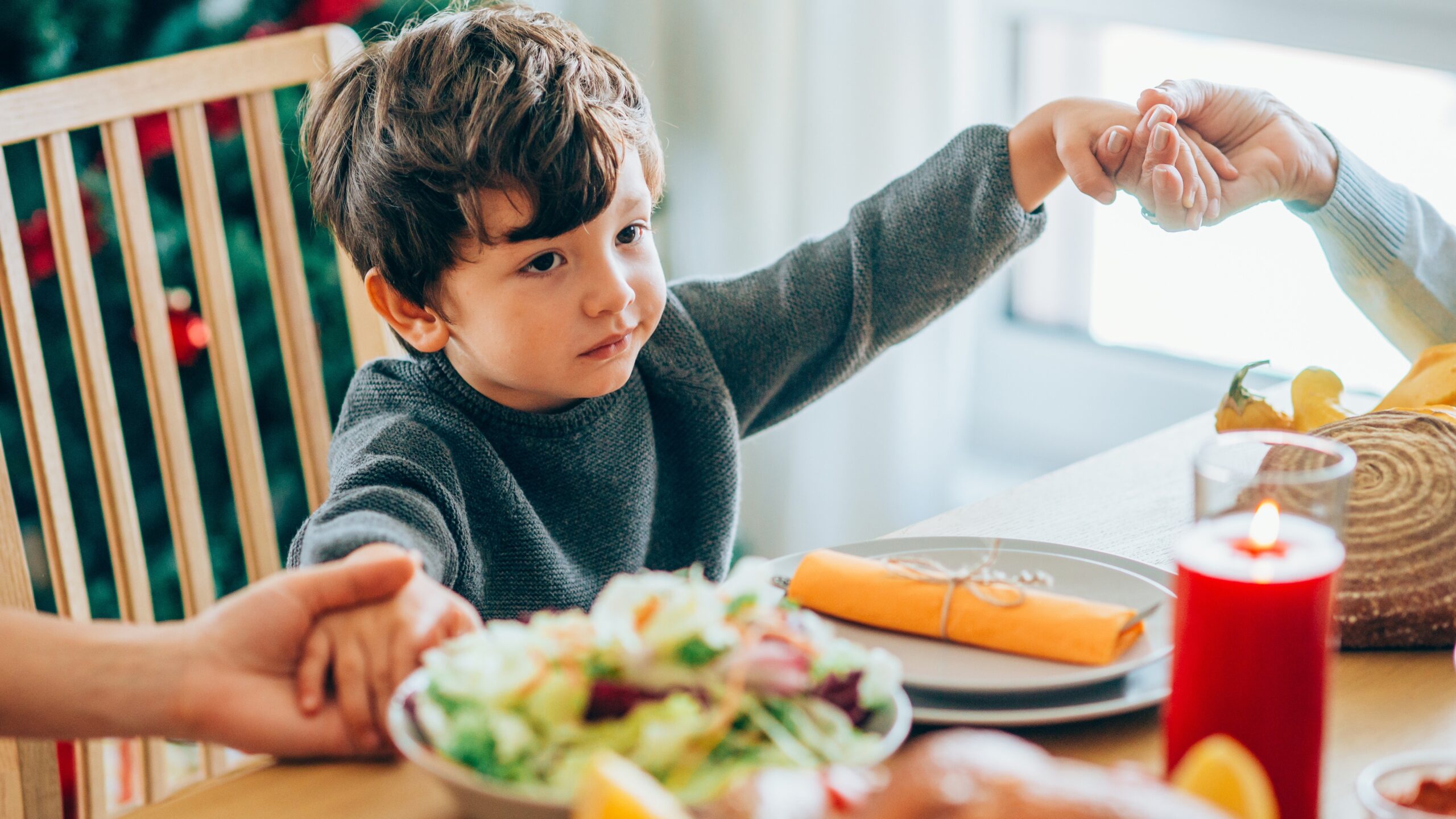
Your child is a cheese lover but never had macaroni and cheese. This is the perfect opportunity to add a scoop of your grandmother’s famous mac and cheese to the pizza plate to see if your child will like it. You never know, she just might discover a new favorite dish.
Make a plan for sensory sensitivities.

Sensory sensitivities can vary largely in children with ASD, so consider what your child needs to manage them during a Thanksgiving celebration.
Bring items to protect from bright lights.
A child with light sensitivity might become overwhelmed by the bright lights at dinner or throughout the house. To combat this, allow your child to wear a hat with a brim or even a pair of sunglasses. Whatever works to make him feel more comfortable is acceptable.
Prepare for loud noises.

If your child is sensitive to loud noises, see if there’s a quiet space you can take him to decompress. This might be a spare bedroom or a separate space on another floor. Alternatively, you might let him go outside, away from the noise. If you’re hosting Thanksgiving, it’s likely easier to plan this out. But if you’ll be at a family member or friend’s house, have the conversation ahead of time so there’s a plan in place.
Also, consider bringing noise-blocking headphones for your child. Some options don’t require music and will muffle the sounds around them to reduce the input. Or you can have headphones connected to a phone or tablet that plays relaxing music or white noise.
Keep texture sensitivities in mind.

While you may want your child to wear a fancy dress with tulle and glitter or a nice suit, consider her comfort. If your child has texture sensitivities, be sure to dress her comfortably. If she couldn’t wear the outfit on any other day, don’t expect her to tolerate it for Thanksgiving.
Plan ahead for potential social struggles.
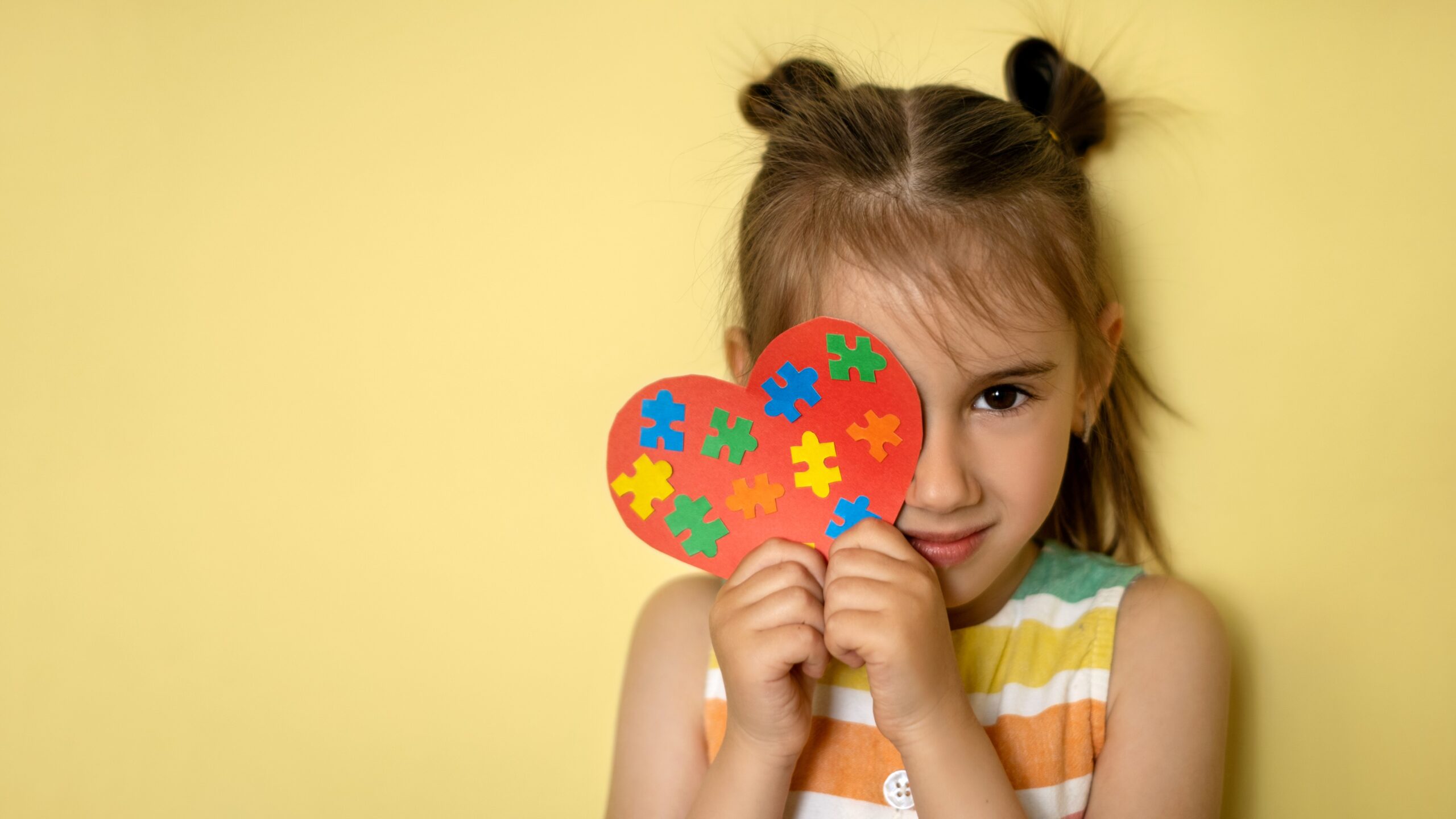
Social challenges are common for children with autism. While you’re likely working on improving social skills year-round, reviewing them related to an upcoming event is always a good idea.
Read a social story.
Social stories are a great way to help children with ASD understand what to expect in different situations. You can search “Thanksgiving Social Stories for Children With Autism,” and you’ll find several options.
The best way to help him prepare is to read the social stories in advance. You don’t want to wait until the day of or the day before. Maybe start a few weeks out and review it each week leading up to the big day.
This repetition will help your child better understand what to expect when Thanksgiving arrives.
Discuss expectations before the big day.

Your child may not know what to expect on Thanksgiving, or forgot from the previous year. It's a good idea to discuss expectations in advance and on the spot. Depending on your child’s level of understanding and communication style, you can have a conversation or use visuals to help him understand. Consider discussing expectations related to
- Personal space
- Table manners
- Touching items in someone else’s home
- Managing emotions
Other general tips and strategies.
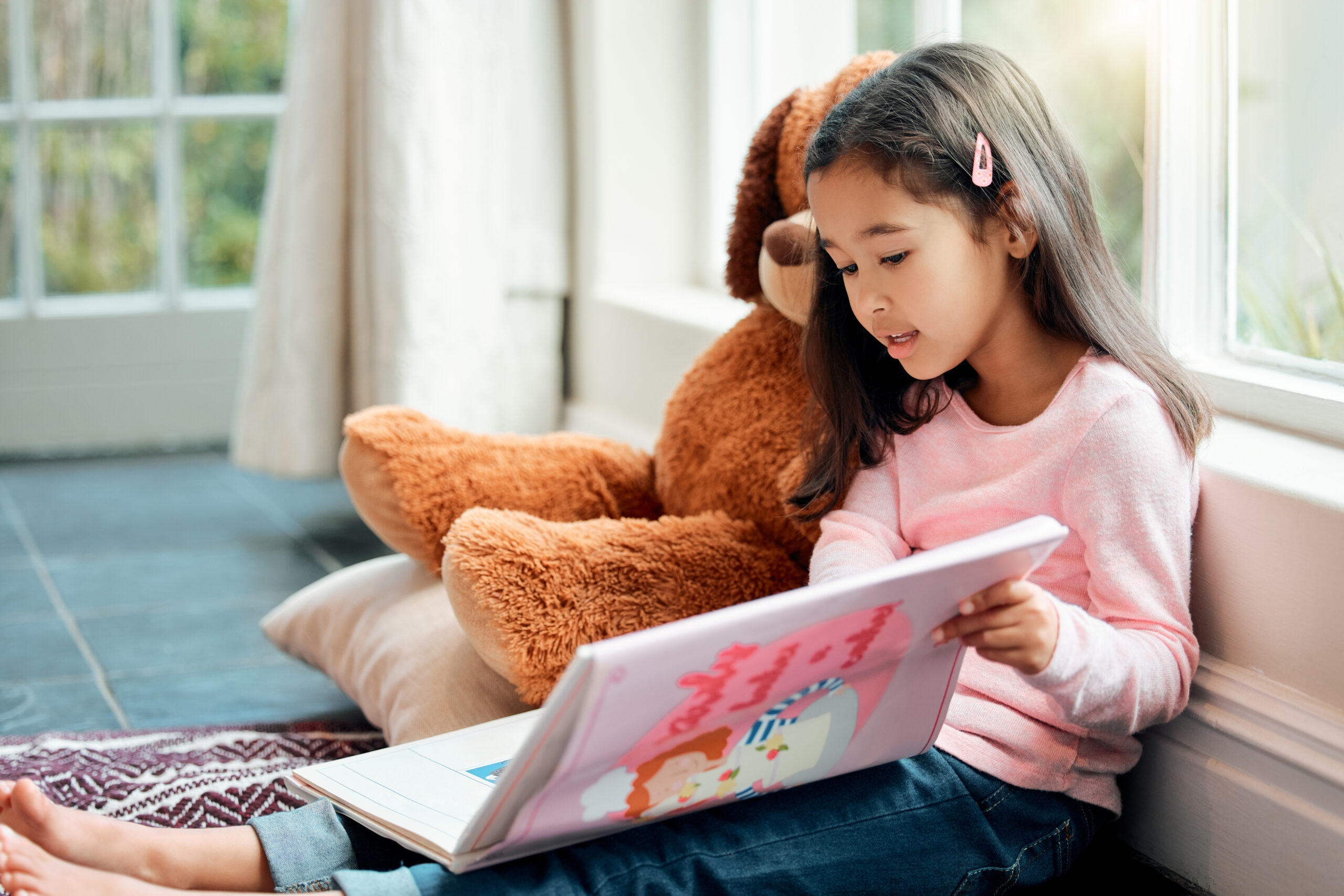
- Stick to their schedule: If your child gets grumpy after 8 p.m., try to wrap up the activities by then. This might mean coming early so you can leave early. While the schedule might not be exact, sticking to what works for your child is best.
- Bring entertainment: Your child might want to avoid sitting around talking and watching football. Try to bring something for the child to do so he won’t get restless and bored. Maybe it’s a Lego set, coloring books, board games, an iPad, or favorite toy. Bring whatever you need so he can be happy as well.
- Don’t expect perfection: Thanksgiving is not the time to expect your child to suddenly behave like his cousins and relatives of a similar age. Remember that your child is unique, and the goal shouldn’t be for his autistic traits to go away on special occasions. Not only is that an unrealistic expectation, but it can also do far more damage than good.
- Have fun: You’re spending time with family and friends, so enjoy it and allow your child to do the same!


